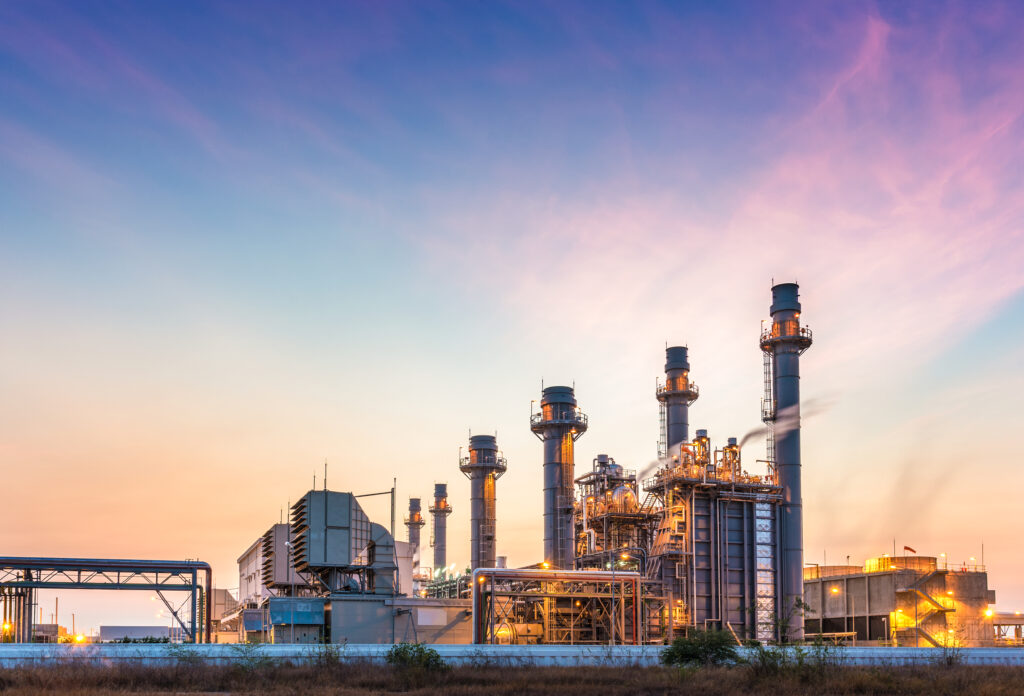Are fossil fuels cheaper than electricity for steam generation?
Any department manager who needs to to install and purchase a steam boiler in his company or industry, should consider the option of acquiring an electric steam generator.
Electric boilers (colloquial reference for steam and hot water generators) already have a higher social and financial profitability than fossil fuel-fired boilers.
This differential tends to increase because the price of rights to emit CO2 into the atmosphere is rising in order to encourage the productive sectors to invest in fossil decarbonization (de-fossilization); in other words, the cost of emissions tends to increase so that it is cheaper to invest in dephosilization than to pay for the emission of pollutant gases.
Why invest in industrial dephosilization by installing electric steam generators?

This undeniable trend that underpins our statement regarding social and financial profitability will result in the following:
- Oil and gas price increases will cease to be cyclical and become structural. We will enter a sustained growth in prices that will reduce the competitiveness of consuming companies.
- A ton of CO2 will be priced at around 180 euros in 2025. In 2012, one ton of CO2 was valued at 8 euros, remaining between 8 and 10 euros until 2018. By 2020, it was around 28 euros, and a year later, it doubled its price. As of today (18/09/2022), the annual average value is 81.23 euros per ton, according to the German Institute for Economic Research (DIW).
- The pressure on companies to reduce the greenhouse effect will be magnified considerably because the emission reduction targets set in 1990 have not been met for the time being, with the current target being to reduce emissions to 55% by 2030, taking 1990 values as a reference. Environmental policies are forcing companies to move towards renewable energy.
Various European organizations, such as the European Green Deal (EGD), and laws like the Renewable Energy Sources Act (EGG), are guiding consumers and businesses towards a preference for energy from renewable sources. It is estimated that by 2025, renewable energy consumption will represent between 40% and 45%, reaching between 55% and 60% by 2035. The European Green Deal aims for carbon neutrality by 2050. - The energy mix will lose protagonism in favor of electric energy and in the short/medium term we will experience the great migration to electric consumption of equipment in general and boilers in particular, currently powered by fossil fuels. Large consumers will be the first to make this shift because seeking energy efficiency alone will not be enough to meet the set objectives.
- High instability in world prices of fossil fuels due to the peculiarities of the vast majority of producing countries and limited resources, raise serious doubts about the future of fossil fuel-fired boilers, a situation that calls into question the return objectives of the potential investment.
To achieve the defined goals, governments and the EU have launched plans and will continue to promote the transition from fossil fuels to electric energy. There will be aids and subsidies to expedite, if possible, the return on investments in electric steam generators.